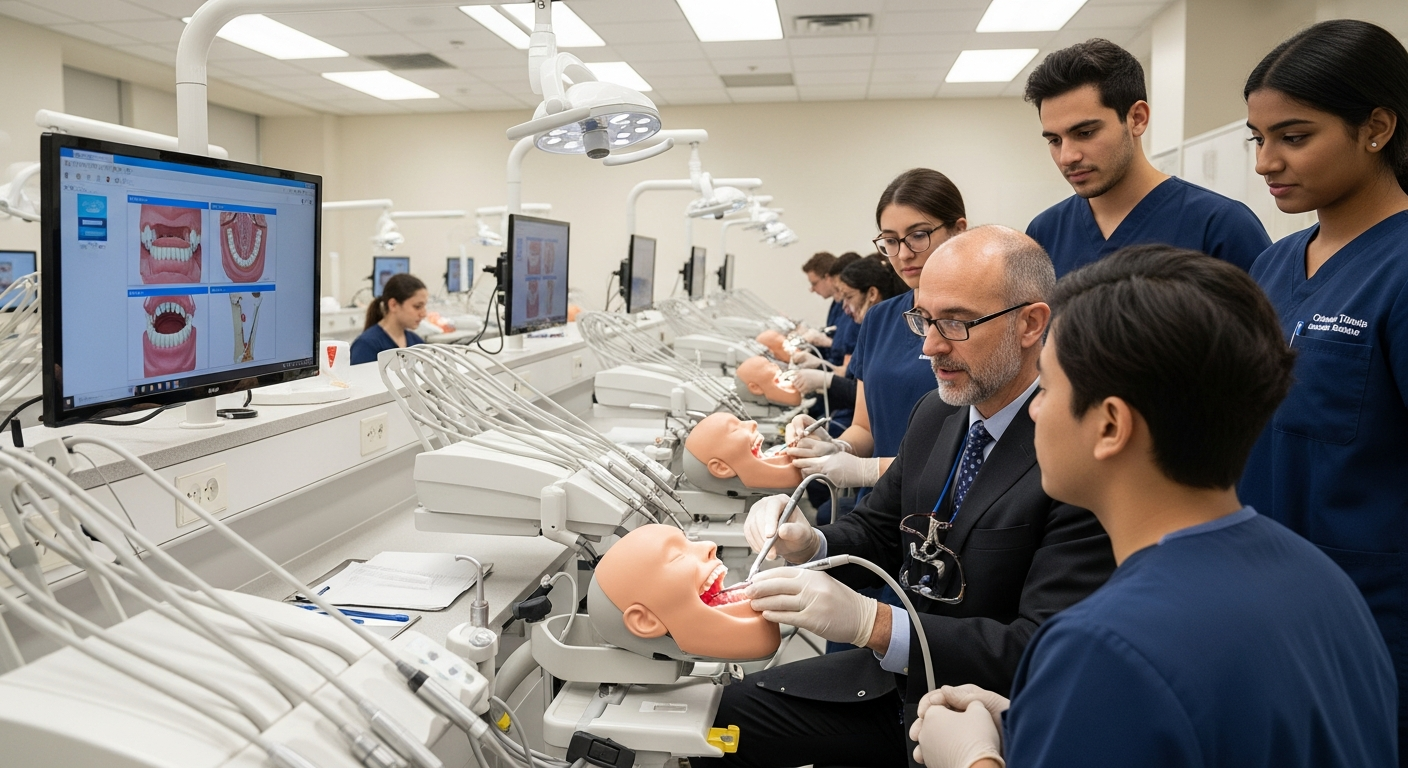Bridging the Gap: The Intersection of Personality Psychology and Career Success
Intro: In the vast and dynamic terrain of career development, one often overlooked yet crucial element is the role of personality psychology. This article delves deep into the intersection of personality psychology and career success, providing illuminating insights on how understanding your psychological makeup can significantly influence your professional trajectory.

A Historical Overview: Personality Psychology and Career Paths
The discipline of personality psychology emerged during the 20th century, with illustrious figures such as Carl Jung and Sigmund Freud contributing revolutionary theories on individual behavior and personality types. Over time, these theories have been adapted and applied in various fields, including career development. Understanding one’s personality traits and inherent skills can influence career choices, job satisfaction, and overall professional success.
Modern Job Market: Personality Assessments and Employment
Today’s job market increasingly acknowledges the role of personality psychology. Employers are turning to personality assessments, such as the Myers-Briggs Type Indicator (MBTI) and the Big Five Personality Test, to not only select suitable candidates but also to foster a work environment that capitalizes on individual strengths. These tests provide insights into employees’ preferences, work styles, and personality traits, which can inform individual role assignments and team formations.
Career Strategies: Leveraging Personality Understanding
Recognizing your personality traits can unlock new layers of career strategy. For example, introverted individuals may excel in roles that require deep focus and independent work, while extroverted personalities might thrive in collaborative, high-energy environments. Understanding these nuances can guide career choices, helping individuals align their professional paths with their inherent traits. However, this method also presents challenges, such as potential stereotyping and over-reliance on test results, which can overlook other essential skills and experiences.
Real-world Applications: Personality Psychology in Practice
In the real world, personality psychology’s influence is far-reaching. From career counselors using personality assessments to guide their clients, to organizations employing these tools for team building and leadership development, the practical applications are vast. However, it’s crucial to remember that these tools are most effective when used in combination with other career development strategies, such as skills training, experience building, and networking.
The Future of Personality Psychology in Career Development
As the job market evolves, personality psychology’s role in career development is likely to grow. The growing emphasis on individual strengths, personal fulfillment, and work-life balance in the modern workplace underscores the importance of aligning one’s career with their personality traits. However, the field also requires more research to address current limitations and enhance its applicability and effectiveness.
In the quest for career success, understanding one’s personality can be a powerful tool. By exploring the intersection of personality psychology and professional growth, individuals can navigate their careers with greater confidence and clarity. The journey to career fulfillment, after all, begins with understanding oneself.




